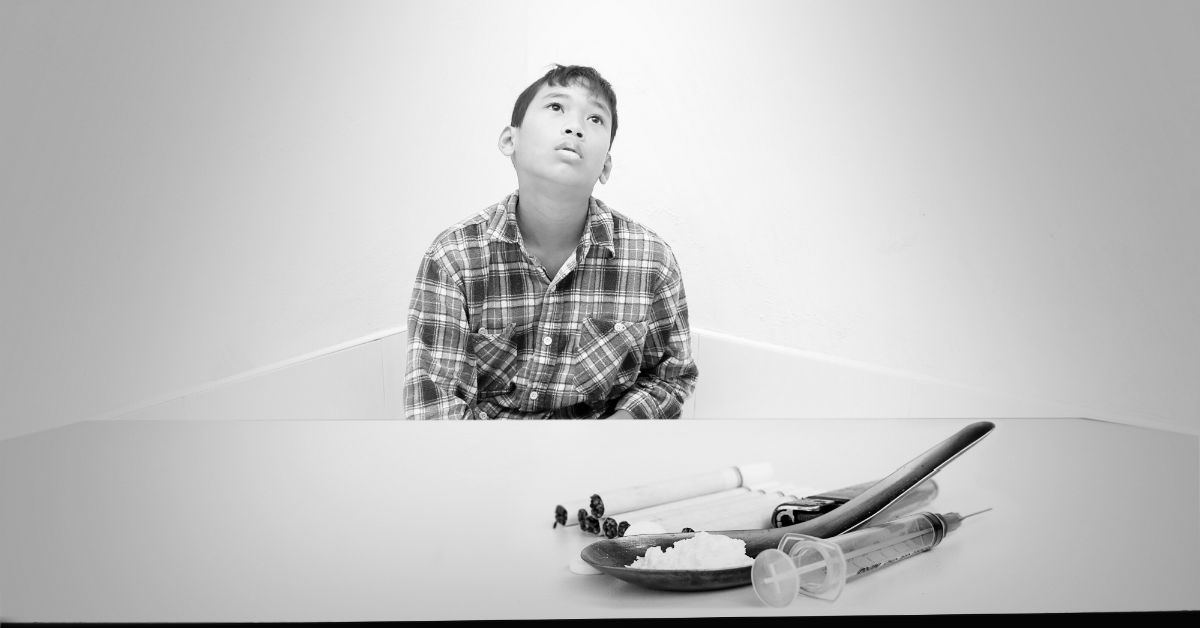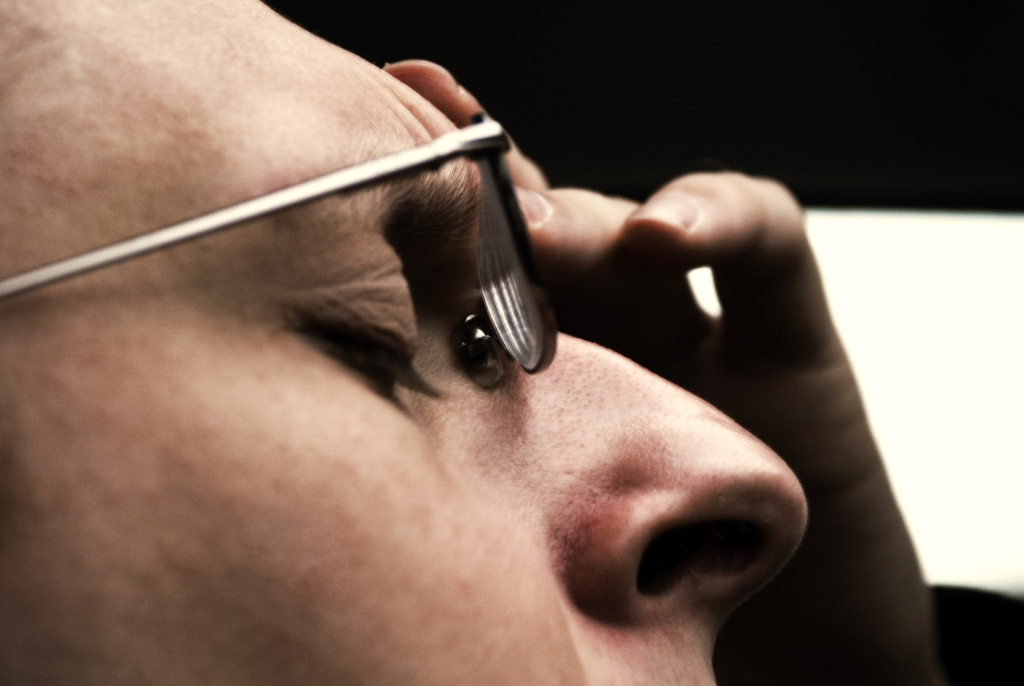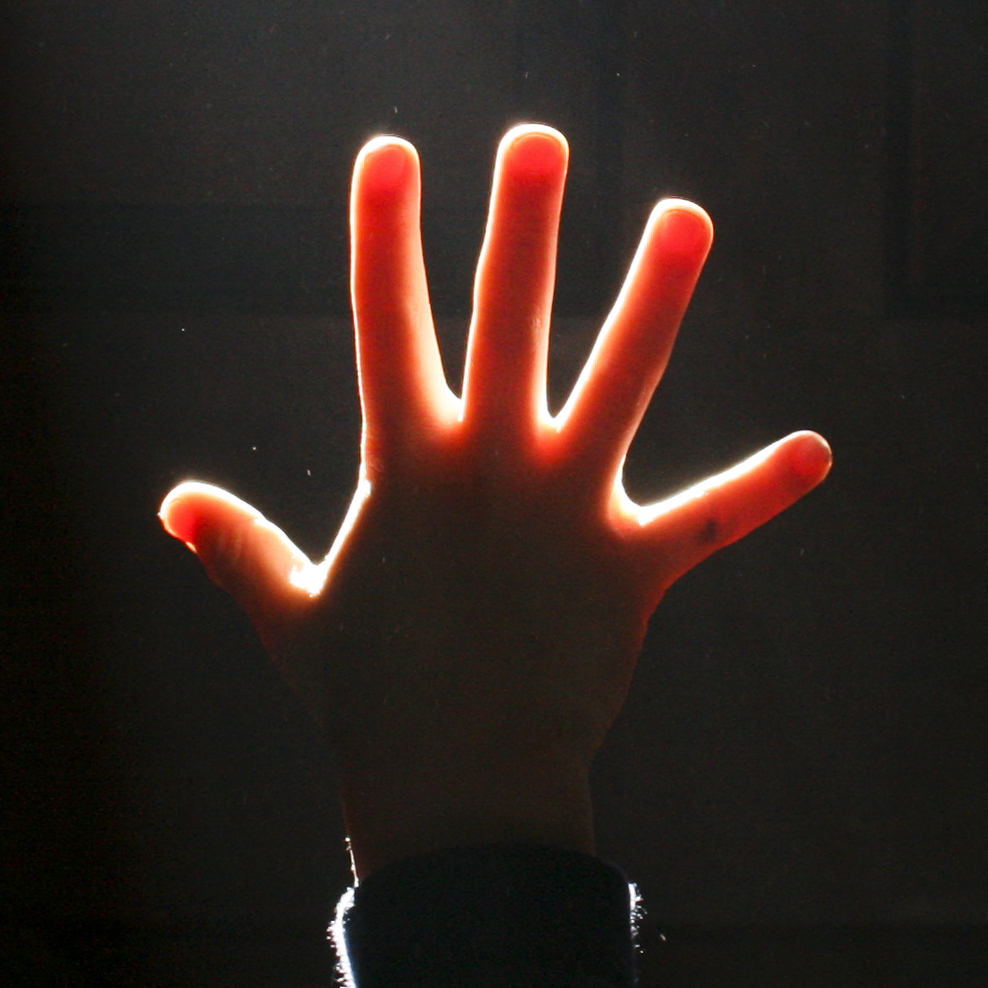If your teen begins dabbling in drugs, you might wonder how to cope or if you should intervene. You know other teens who have simply grown out of their drug use, and you don’t want to make a big deal out of it if your child is just going through a phase. However, if you see your child’s problem become worse, you might want to send him or her to a residential treatment center for teens.
The Goal of Drug Treatment
The goal of treatment is for the teen to stop self-defeating and harmful behaviors and learn new ways of dealing with life so that he or she can become a productive and happy member of society who gives back to the community. If your teen is on the cusp of a serious addiction, immediate intervention is especially crucial to address the problem as quickly as possible. Studies show that early intervention can provide long-term benefits to teens.
What to Look for in a Drug Treatment Program
An effective teen rehab should have several important characteristics:
- A thorough assessment procedure, especially to identify any co-existing conditions, such as mental illness. About half of all young people with addiction issues also have some type of mental illness. Left untreated, this could inhibit the proper diagnosis and treatment of a drug addiction. If the teen is only dealing with an addiction, then a proper assessment will allow for treatment at the correct level.
- An ability to individualize and personalize a treatment plan for the child
- An effective aftercare program that addresses transitioning into a substance-free lifestyle and moving out of the safety of a facility back into the community
- An accredited school with caring and licensed teachers and administrators
- A focus on respect, communication and personal accountability for choices
- An understanding of the 12 steps along with the necessary tools to move from addiction to sobriety
- A realization that teens need their own separate program from adults for legal, physical, emotional and other reasons. Adolescents and adults might simply be uncomfortable being in the same group, which will keep them from opening up and addressing the root issues or their feelings.
- Staff who are trained to specifically work with teens and their unique needs
- Skilled counselors and therapists who recognize the possible dangers of mixing younger teens with milder drug problems with older adolescents with more serious issues
- A balance of recreation, sports and leisure activities
- Family involvement and participation
Warning
Teens with addiction issues should not attend a wilderness program or a boot camp. While these types of programs might serve a needed function, they do not have the capability of offering the necessary therapy to the young person. Research-based studies indicate that teens do not respond well to harsh punishment but respond much better to a rewards program. When a parent researches facilities, they can look for the following terms: cognitive-behavioral therapy, motivational enhancement therapy and family-based treatment programs. In order to effect lasting change, the young person should be placed in a residential treatment center for teens that utilizes these concepts. Finally, parents should not be afraid to ask questions of the program, and if something doesn’t seem right, they should trust their instincts. One of the marks of a good program is a facility that can stand up to scrutiny and tough questions and one that welcomes parental participation.











0 Comments